Not many of Billy Joel’s fans likely think of him as a folk singer. For one, the piano, Billy’s instrumental weapon of choice, doesn’t always fit into the folk idiom. Also, Joel comes off as a bit feistier than your typical troubadour. Nonetheless, Joel had a goal in mind to write what he considered an authentic folk song. He pulled it off in 1989 with “The Downeaster ‘Alexa’”, in large part because he was personally invested in the story behind the song.
Videos by American Songwriter
Fisherman’s Blues
After a decade or so of massive success working with producer Phil Ramone, Billy Joel changed things up for his 1989 album Storm Front. Joel initially wanted Eddie Van Halen to produce. When that plan fell through, he went with Foreigner’s Mick Jones, another renowned rock guitarist, to co-produce.
Joel and Jones concocted a big, sweeping sound for “The Downeaster ‘Alexa’”. By switching the accent beats to the first and third of each bar (instead of the traditional second and fourth on most rock songs), they evoked rolling waves. The harmonica and violin (the latter played by classical music legend Itzhak Perlman) dominated the instrumentation.
Taken together, the song resembled something like a modern sea shanty. That’s not what you would typically expect from Joel, known alternately for sensitive piano-driven ballads or brash rockers. But the approach suited the material very well.
An avid boater throughout his life, Joel drew on that knowledge when writing the song. He used his daughter’s name for the fictional boat in the lyrics. “The Downeaster ‘Alexa’” succeeds largely because Joel understood the plight of the fishermen that inspired the song. Even if you don’t know some of the nautical terminology, you can tell by the urgency of the performance that these folks are under serious duress.
Examining the Lyrics of “The Downeaster ‘Alexa’”
“The Downeaster ‘Alexa’” tells the story of a commercial fisherman whose livelihood is stressed by legal restrictions. Joel plays the part of the narrator and establishes his credibility in the opening lines, explaining to his listeners the route that this guy takes on a typical jaunt.
At the end of the first verse, he begins to explain his plight: “Like all the locals here I’ve had to sell my home / Too proud to leave I work my fingers to the bone.”
Joel peppers the lyrics with allusions to myth. “There are giants out there in the canyons,” he sings. Later, he says to “tell my wife I am trolling Atlantis.”
That technique seems to be Joel’s way of connecting with the folk song tradition he wants to cultivate here. But it also signifies the magnitude of the challenge facing these hard-working individuals.
“I got bills to pay and children who need clothes,” the narrator laments. “I know there’s fish out there but where God only knows.”
“And I still have my hands on the wheel,” the captain promises, displaying his resilience. But the struggles pile up on him as the song rolls to a finish.
Joel alludes to the damaging restrictions: “Now I drive my downeaster ‘Alexa’ / More and more miles from shore every year / Since they told me I can’t sell no stripers.”
His final lines find him wallowing in deep despair: “There ain’t much future for a man who works the sea / But there ain’t no island left for islanders like me.” At that point, Joel lets out some guttural howls, an attempt to lend this character, who’s beset on all sides by unfriendly waters, some sort of catharsis. “The Downeaster ‘Alexa’” combines ancient echoes with modern concerns to earn its folk song stripes.
Photo by Disney General Entertainment Content via Getty Images

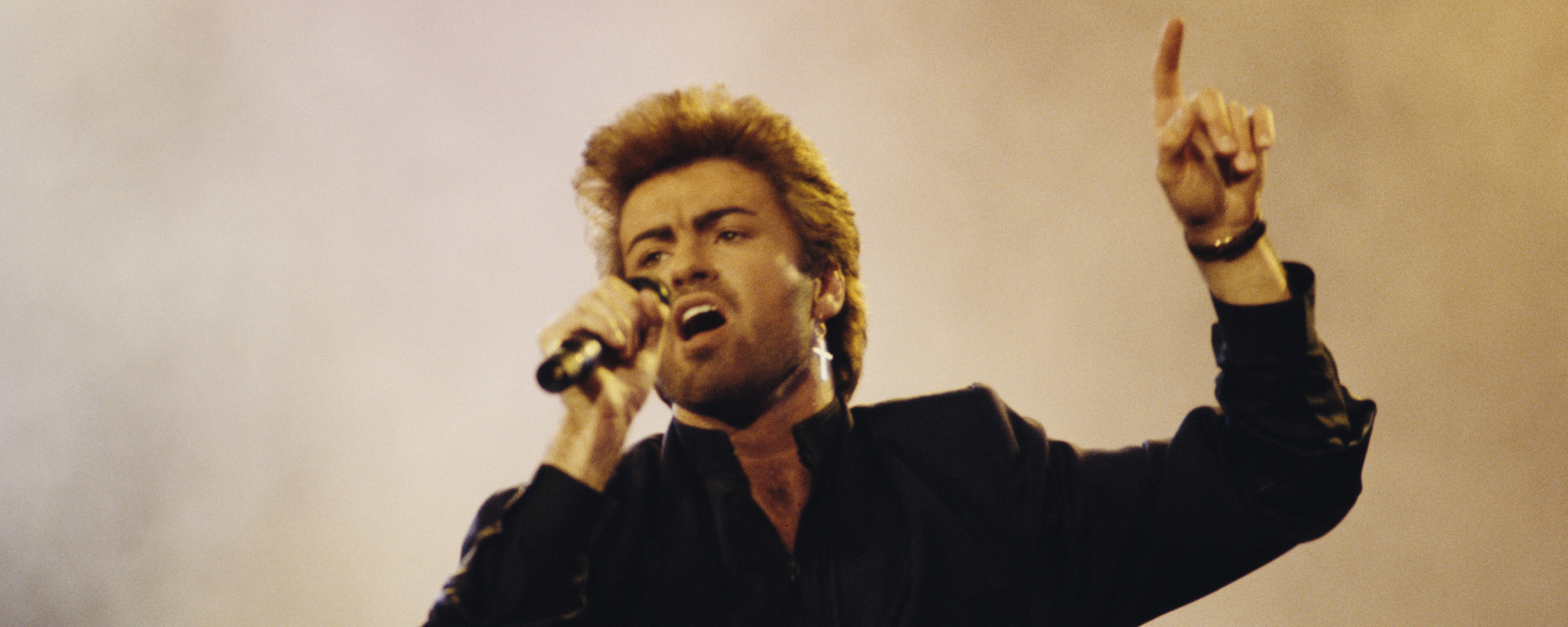
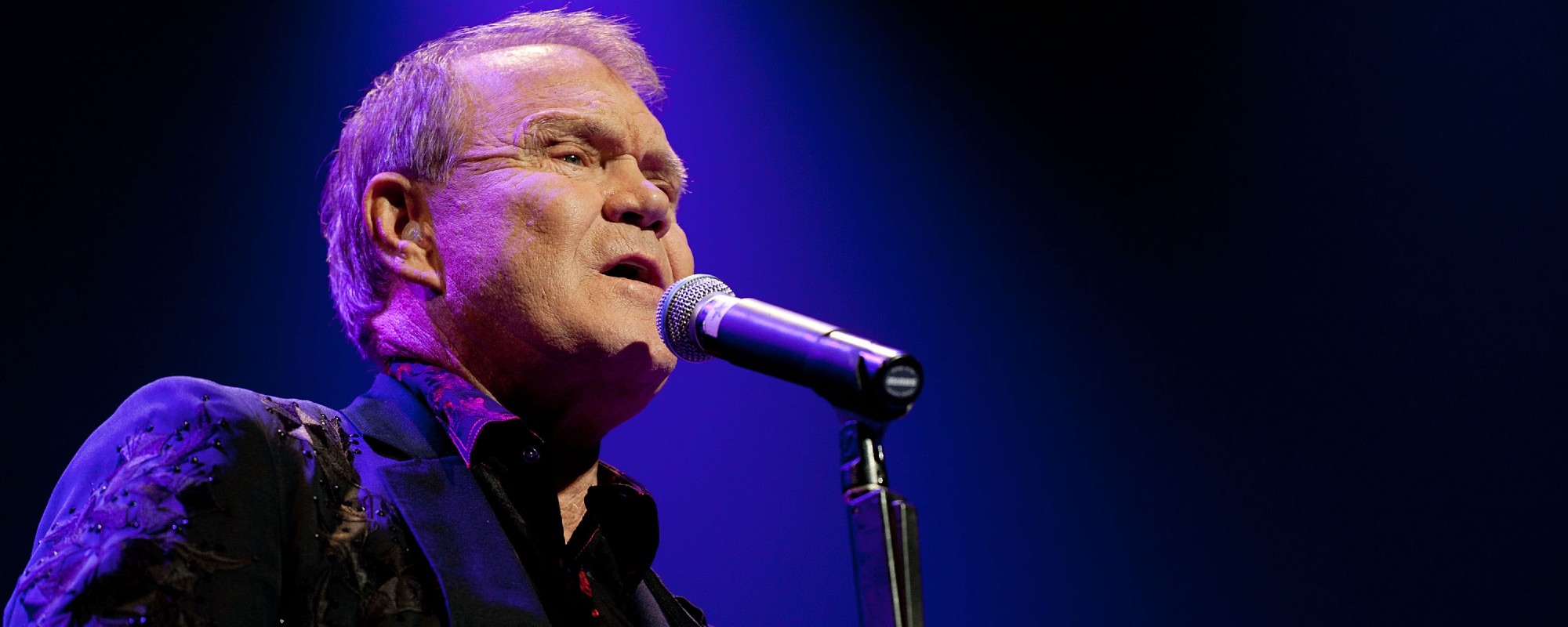
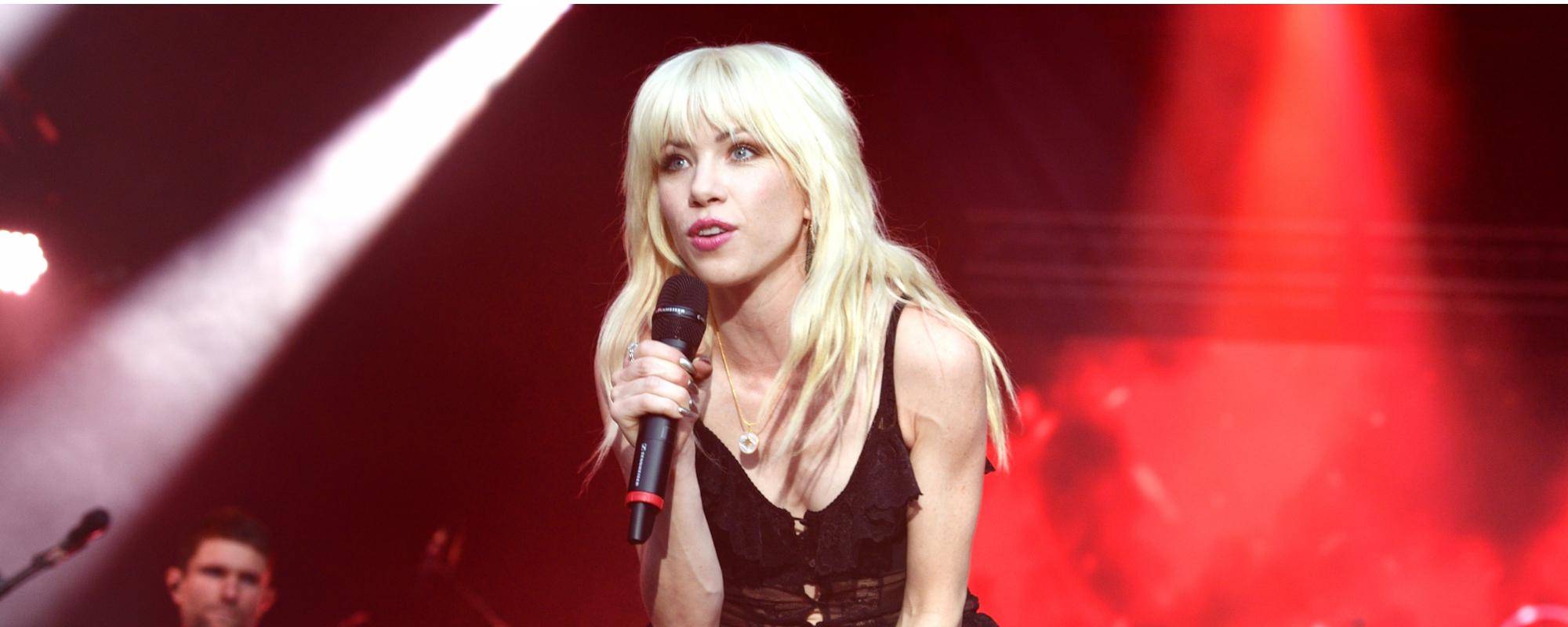
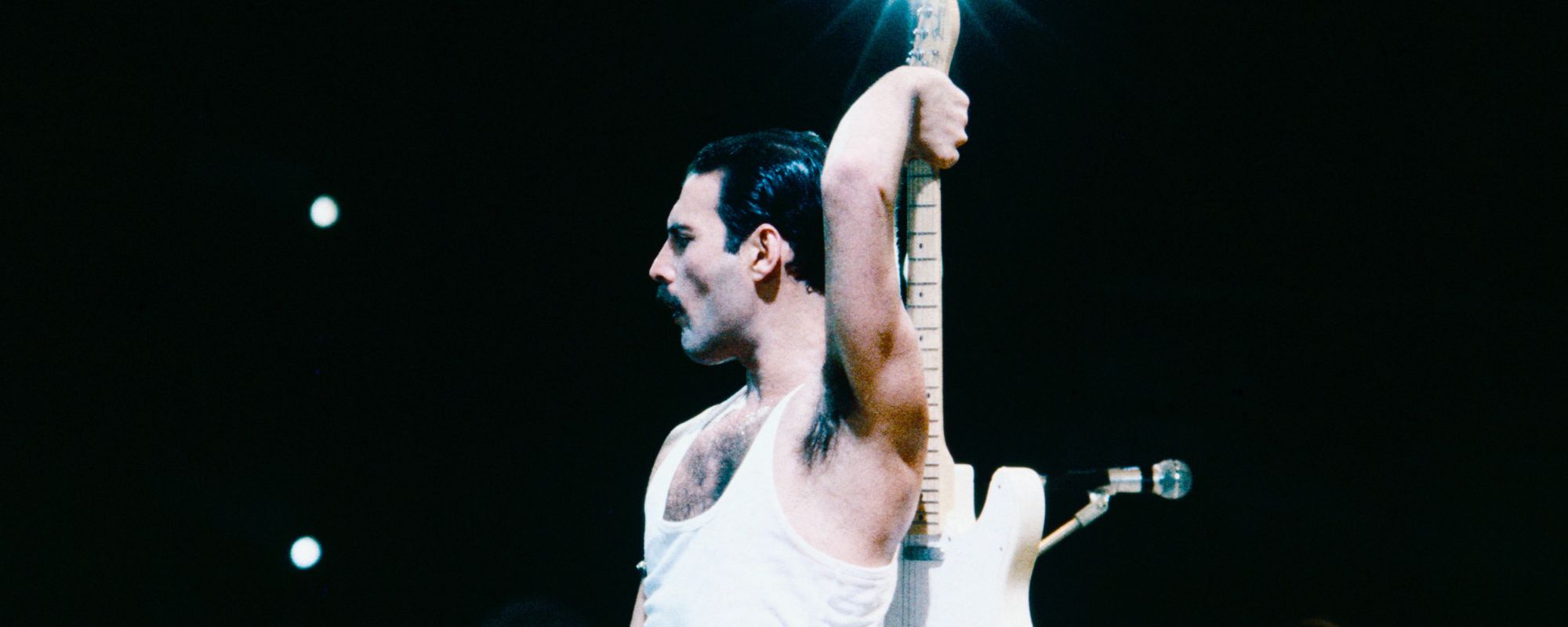
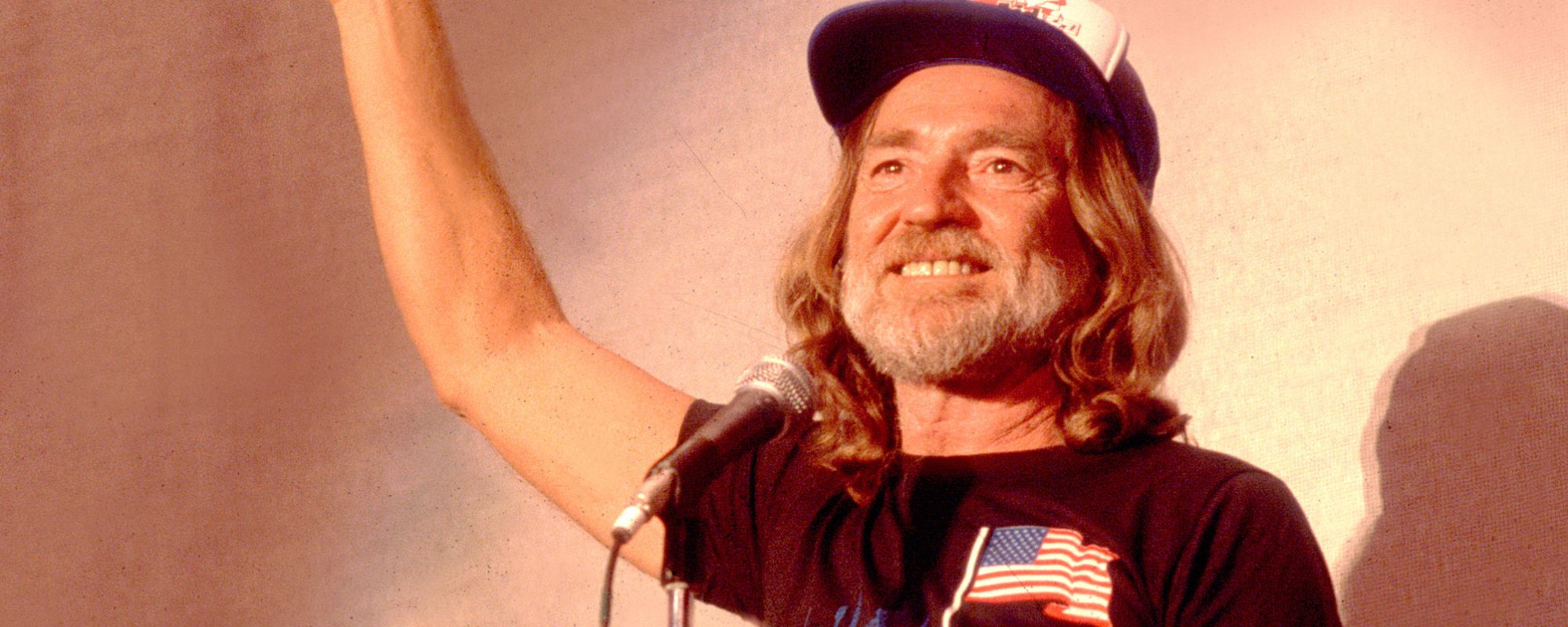
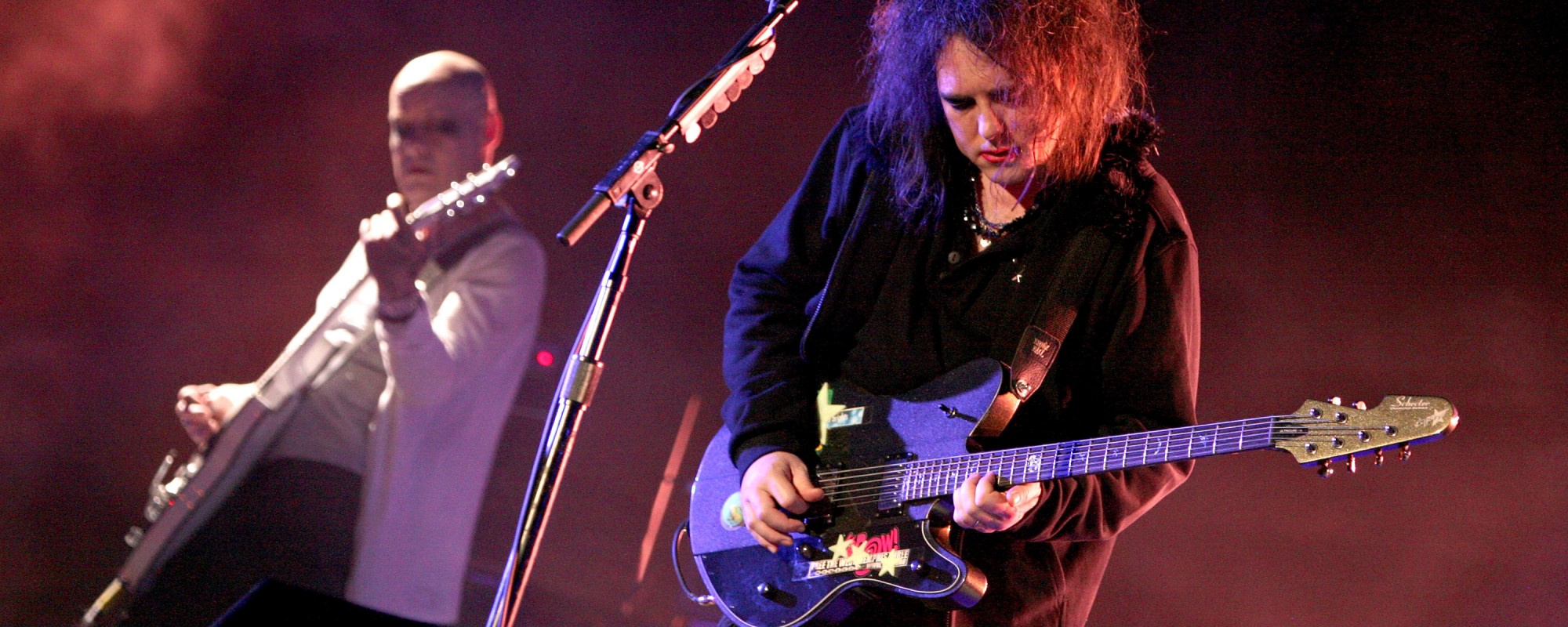
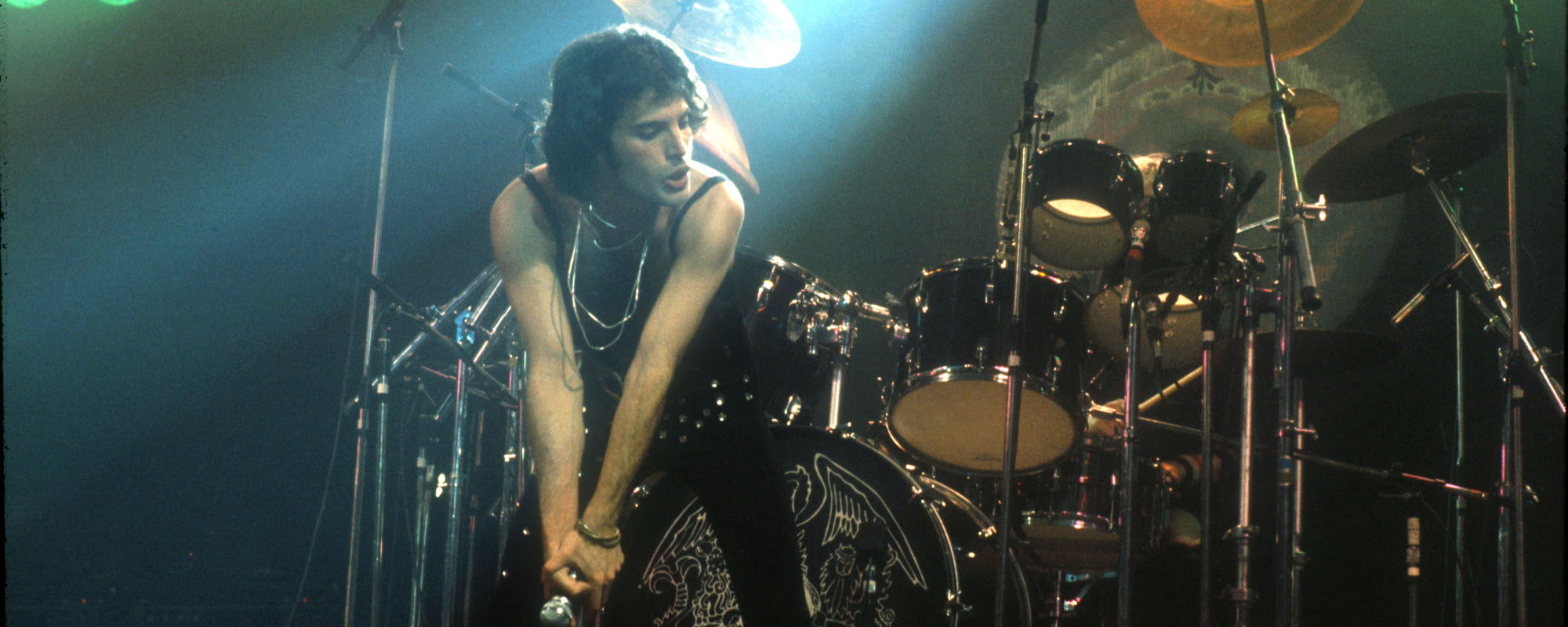
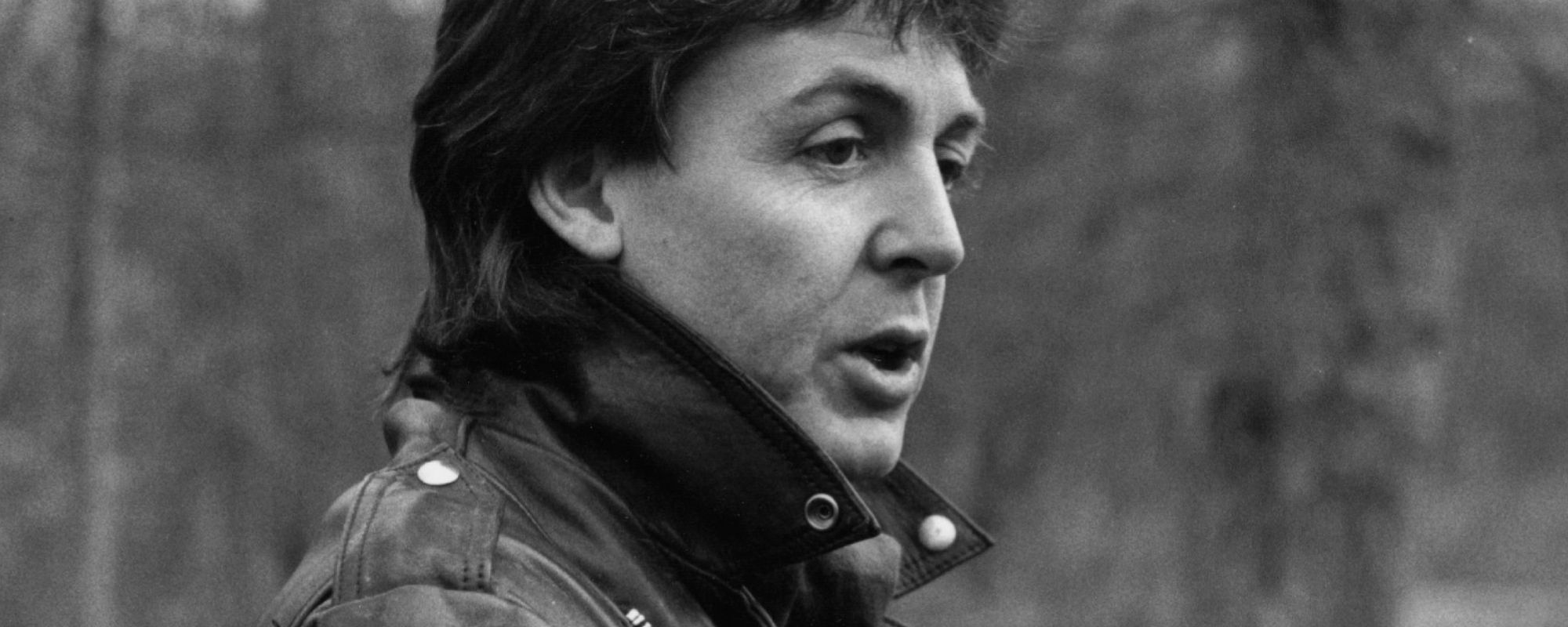
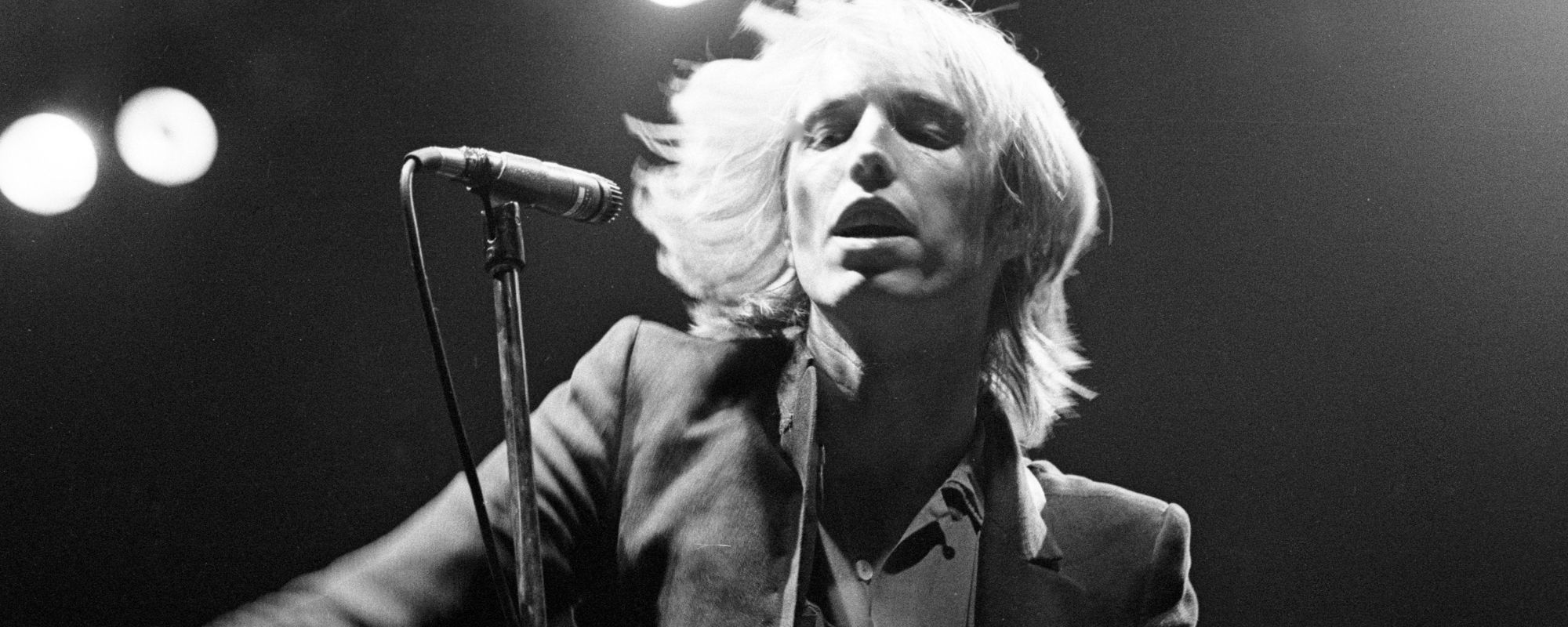

Leave a Reply
Only members can comment. Become a member. Already a member? Log in.